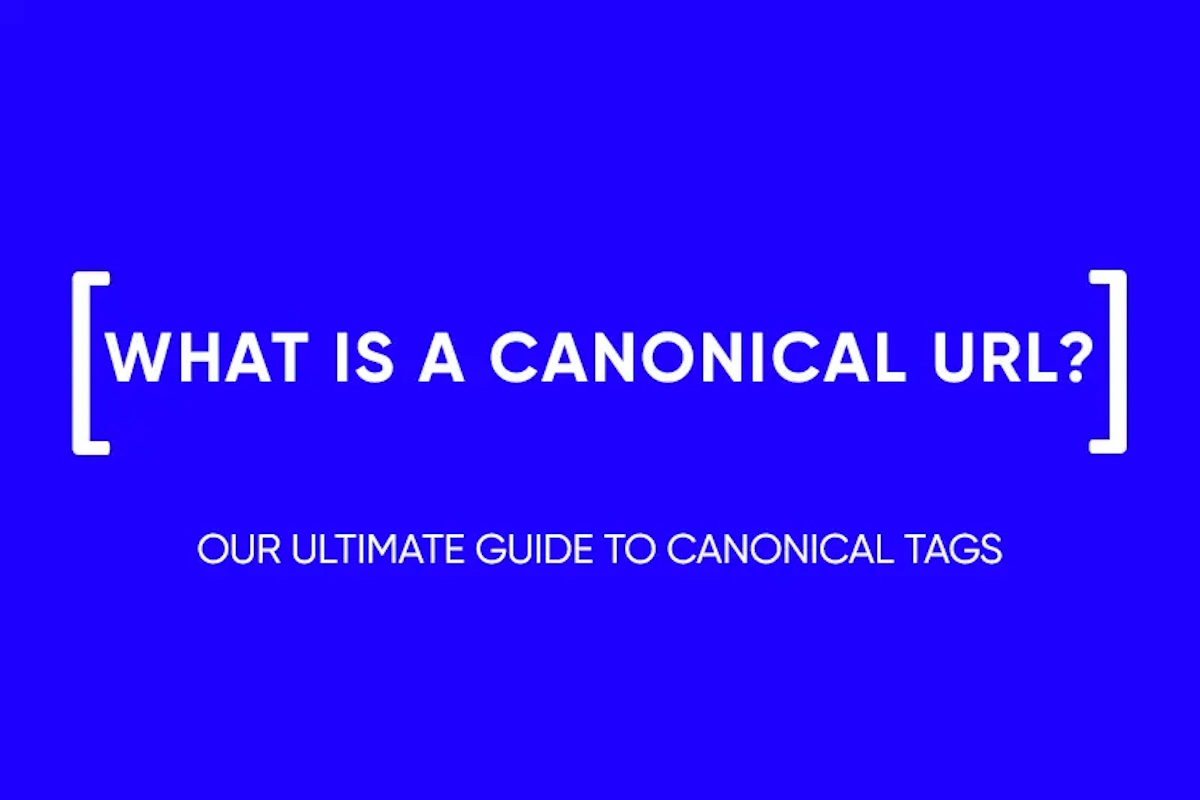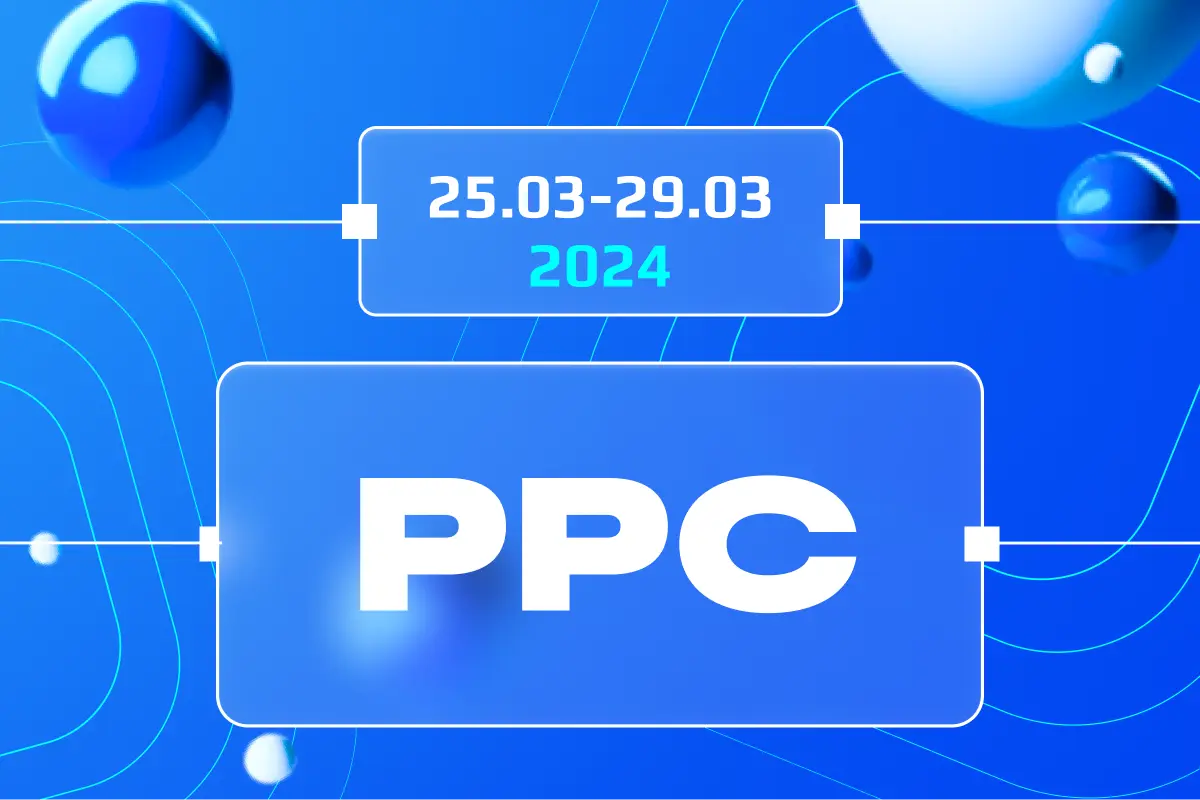Google Revamps Search Quality Raters Guidelines for 2023: Key Changes
After a hiatus of 11 months, Google has once again updated its Search Quality Raters Guidelines. The tech giant unveiled the new changes for the first time in 2023, with a spotlight on simplifying the Needs Met scale, modernizing examples, and implementing various other minor modifications.
A Review of the Past
The previous revision of these guidelines was rolled out almost a year ago, on December 15, 2022. That update was a substantial revision, introducing sweeping changes to the document.
Scrutinizing the Changes
The 2023 update has brought in a plethora of changes. Here are the key revisions:
- The Needs Met scale definitions have been simplified, with added guidelines for particular types of ratings. The rating guidance and examples have been refreshed accordingly.
- Google has modernized the document’s examples by integrating instances from popular platforms and video formats, while simultaneously discarding outdated and redundant examples.
- The update also includes minor changes throughout, like expanded rating guidance for forum pages, updated language, examples, and explanations for consistency across sections, and typo corrections.
Although these changes might appear minor, they do not constitute any major or foundational shifts in the guidelines, according to Google.
The Role of Quality Raters in Google
Quality raters are external consultants hired by Google to assess the quality of Google search results. Their role does not directly influence the search results, nor can they upgrade or downgrade a specific site in Google Search.
Google’s guidelines are used by these raters to evaluate the performance of the search ranking systems. While their ratings don’t directly influence rankings, the guidelines share crucial considerations for what content is useful for people when using Google Search. This helps creators to self-assess their content to optimize their success in Google Search.
Why This Matters
While search quality evaluators’ ratings do not directly impact rankings, their feedback assists Google in refining its algorithms. It’s worth spending some time understanding what Google has altered in this updated version of the document. By comparing it to the previous version, we can glean insights into Google’s intent regarding the kind of websites and web pages it prefers to rank. Each addition, edit, and deletion has been made for a specific reason, and understanding these reasons can provide valuable insights.
and stay up-to-date with the latest news about our platform and affiliate marketing.




